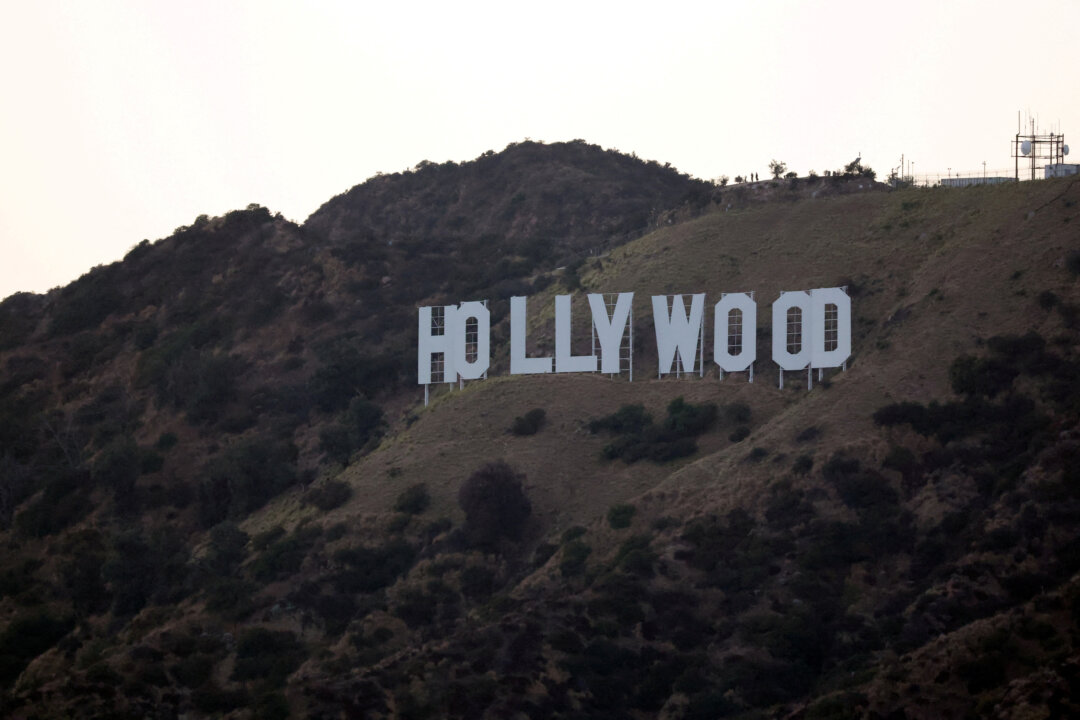The president said the move is necessary to protect the once globally dominant U.S. movie industry.
President Donald Trump announced on May 4 that he was authorizing his administration to impose a 100 percent tariff on movies produced outside of the United States.
In a Truth Social post, Trump said the Department of Commerce and the U.S. Trade Representative would immediately start to process the implementation of the levy on all movies “produced in foreign lands.”
Trump said the move was necessary to protect the once globally dominant U.S. movie industry, as he noted that some countries have been offering incentives to attract American filmmakers and studios overseas.
He warned that the local industry is “dying a very fast death,” with Hollywood and many other local entertainment businesses facing devastation.
“This is a concerted effort by other Nations and, therefore, a National Security threat. It is, in addition to everything else, messaging and propaganda,” Trump stated. “WE WANT MOVIES MADE IN AMERICA, AGAIN!”
The U.S. movie industry has already been impacted by Trump’s tariffs on Chinese imports, after China—the world’s second-largest film market—moved to restrict the number of American movies allowed into the Chinese market on April 10 as part of its retaliatory measures against U.S. tariffs.
The Trump administration has currently imposed a 145 percent tariff on all China-origin imports and China’s ruling Chinese Communist Party (CCP) retaliated with a 125 percent tariff on U.S. goods.
Trump imposed the tariffs to pressure the CCP into addressing the trade deficit with the United States. The White House stated on April 15 that China faces up to 245 percent reciprocal tariffs due to its retaliatory actions.
During an NBC interview on May 4, Trump said he has no intention of reducing tariffs on China-origin goods just to begin talks with Beijing, as the CCP has demanded.
“At some point, I’m going to lower them because otherwise, you could never do business with them and they want to do business very much,” he said. “Look, their economy is really doing badly. Their economy is collapsing.”
Some analysts believe that China’s restrictions on U.S.-made movies will have a limited impact on the industry. Seth Shafer, principal analyst at S&P Global Market Intelligence Kagan, said the number of domestic films released in China has been declining.
“Only roughly 25 percent of domestic wide-release films are now released in China, and that percentage has dropped steadily over time due to increasing competition from China’s local film production industry,” Shafer said.
Shafer said that for domestic films that are released in China, “typically less than 10 percent of the film’s global gross box office revenue comes from China.”
Earlier this year, Trump appointed three iconic actors—Jon Voight, Mel Gibson, and Sylvester Stallone—as his special envoys to Hollywood, as he seeks to revitalize the U.S. film industry.
Trump said the three envoys will serve as his “eyes and ears” in Hollywood, advising him on strategies to revitalize the entertainment industry and restore its former glory.
According to a March 2024 episode of EpochTV’s “International Roundtable” program featuring a panel of experts, the CCP recognized Hollywood’s power following the global success of the film “Titanic” and has since worked to use its connections in Hollywood to whitewash its own human rights abuses and present a favorable image of communist China.
This reported subversion is contrasted with Hollywood’s early days under the Hays Code, which set strict content guidelines until its erosion in the 1950s and replacement by the modern ratings system in 1968, which ushered in a more permissive era.
Frank Fang, Tom Ozimek, and Reuters contributed to this report.

